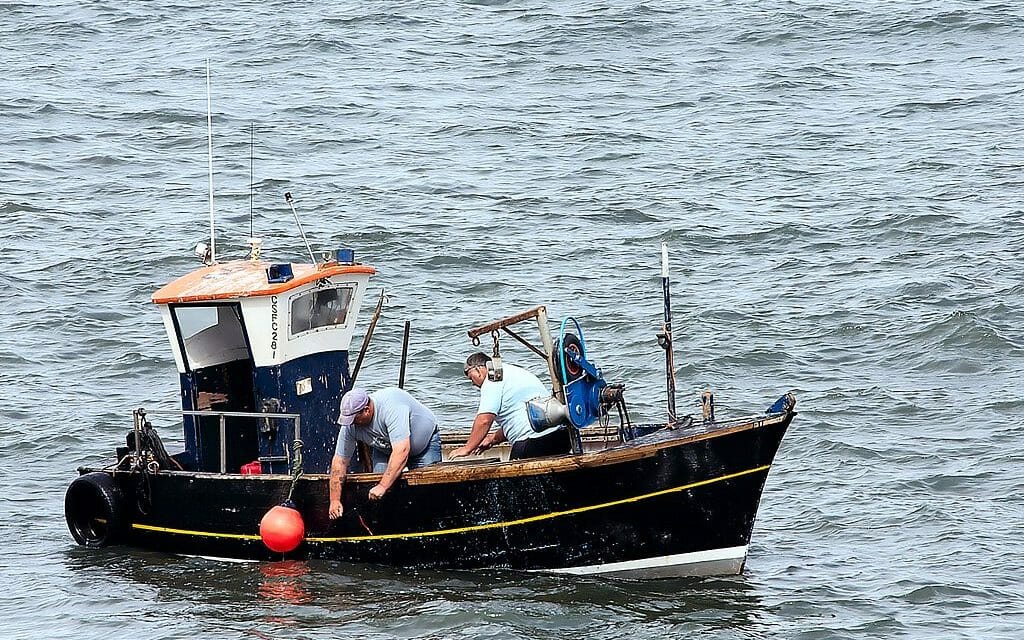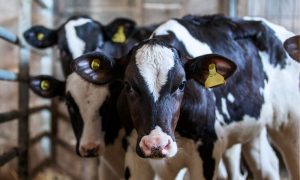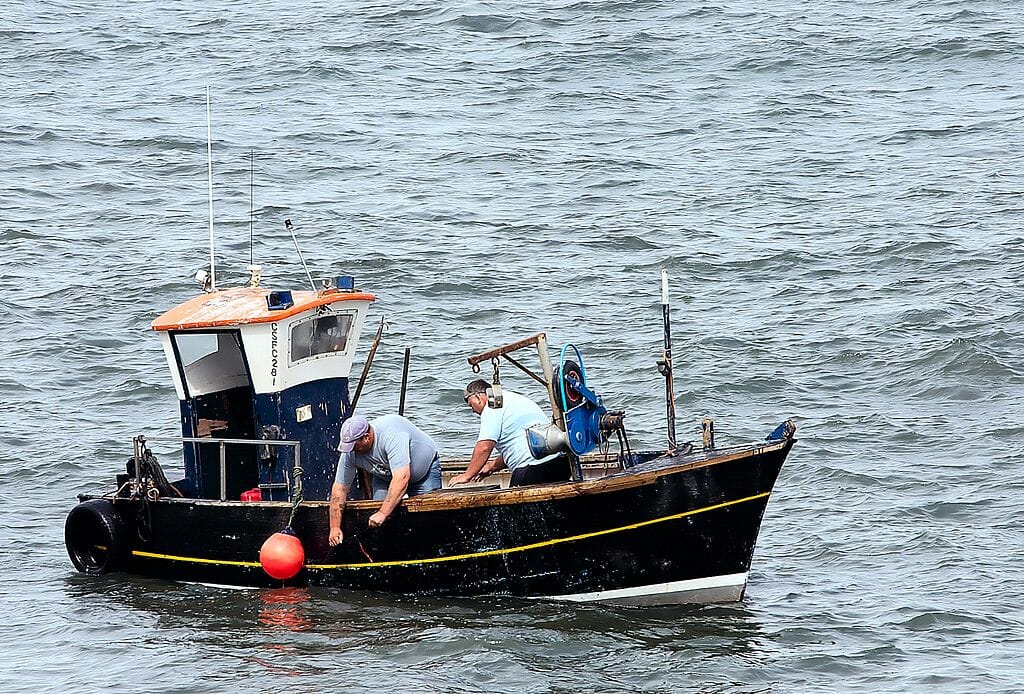Southeast England’s Sussex has become the first council in the country to prohibit fishing around the coast in a bid to reduce the effects of climate change, passing the Nearshore Trawling Byelaw to help protect 304 square kilometers of the Sussex coastline with a year-round trawling ban.
The protected region includes four kilometers between Shoreham-by-Sea and Selsey Bill, an area previously known for its healthy kelp beds, which over the past 40 years have drastically shrunk in size in part due to intensive fishing.
The Sussex Inshore Fisheries and Conservation Authority says that kelp beds are crucial for storing carbon to help mitigate climate change, as well as absorbing wave energy to possibly diminish coastal erosion and help with flood management.
Kelp beds also provide habitats for a rich variety of marine life, and their destruction leads to reduced biological productivity. The new legislation is designed to restore the Sussex kelp forest to its former glory and regain all the benefits of a healthy kelp population.
“The Authority has spent several years working toward this important decision,” says Chief Fisheries & Conservation Officer for the Authority Tim Dapling. “This is a key step toward more sustainable fisheries and delivery of positive outcomes for all. Future work will include assessing kelp recovery and benefits to the inshore fishing community.”
This welcome development follows the success of the Help Our Kelp campaign, launched by environmentalist and natural historian Sir David Attenborough.
The proposed law will be submitted to the Marine Management Organization and Defra for approval by the Secretary of State.








